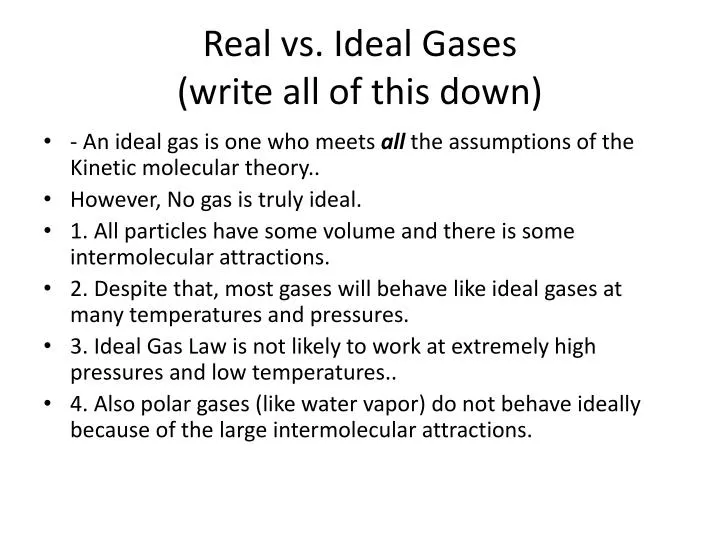

VAT is usually due on the sales of assets by VAT registered businesses.This is a complex area and we strongly advise you to check with your Accountant. However, you get a good deal, and manage to sell it on for £3,000, giving you a £1,000 profit. Over time it has depreciated in value by £8,000 and is now worth £2,000. Record the money you've received from selling the asset using a a Money In.įor example, you bought a car for £10,000.Remove the original value of the asset and it's accumulated deprecation from your balance sheet, and transfer the value to your profit and loss using a Journal.

To record the sales of your in your accounts, you If an asset still has some value and you decide to sell it, you must record this in your accounts as well. The cost of any write off or any profit or loss you make from a sale is recorded on your profit and loss. If you’re not sure whether you should write off an asset, check with your accountant.Īs you no longer have the asset, you'll need to remove its value from your balance sheet. Write off your asset if it no longer has any use or value, i.e.Sell your asset and record the money that you've received.When this happens, there are two things you can do: Write off an asset and record any loss.Īt some time, you'll decide that you no longer need an asset, or you that you need to replace it.Remove the value an asset from your balance sheet.Record the profit or loss made from the sale of an asset.Record the money received from the sale of an asset.


 0 kommentar(er)
0 kommentar(er)
